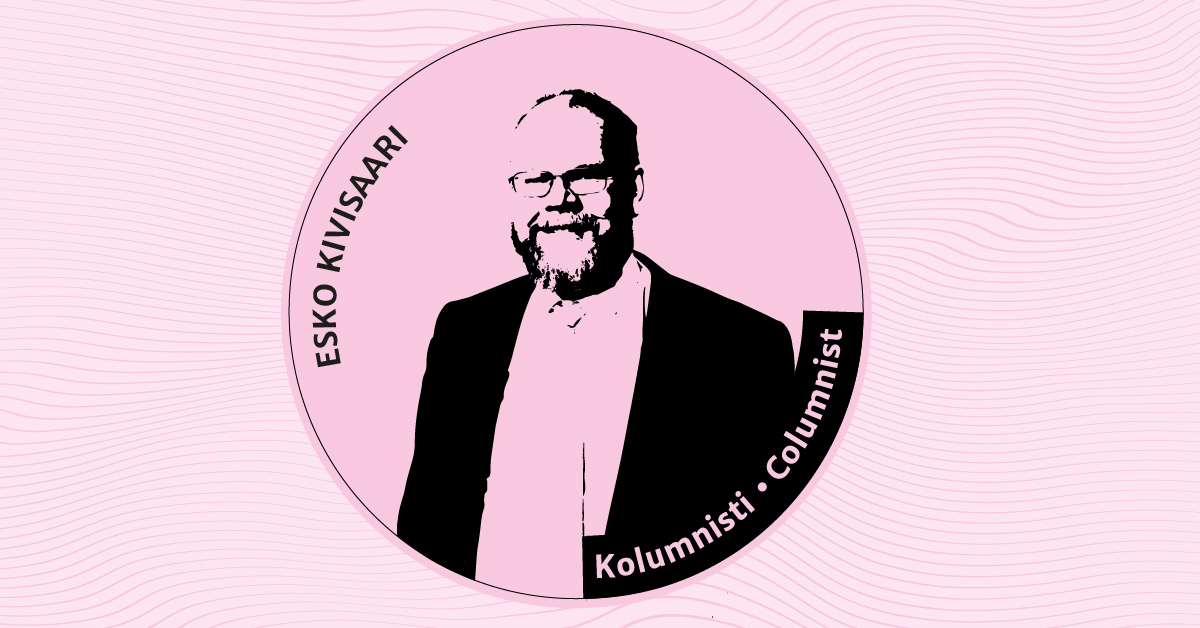
Countries that refuse international agreements on tax information exchange should be blacklisted as tax havens. This idea was proposed by Wolfgang Schäuble, Germany’s Federal Minister of Finance, and I support it wholeheartedly.
The Finnish financial sector is a long-time proponent of automatic exchange of tax information. The process is now finally starting, as the banks, investment firms and insurance companies of nearly a hundred countries have committed to implementing OECD’s reporting standards. This means they will report on the assets and beneficiaries of all their foreign clients to tax authorities. The reports will be sent automatically to the national tax authority of the client.
Tax information exchange has already been written in EU regulation. In the future, the Finnish Tax Administration will receive information on all Finns’ assets in EU financial institutions, covering practically all capital gains – including nominee-registered shares, whose transparency has been a controversial topic in Finland.
The Commission has announced it will be drafting a list of countries that refuse the exchange of tax information and other transparency requirements. The recently exposed Panama, for example, has not joined the OECD agreement to share information. The blacklisted countries could be denied some financing operations. According to Schäuble, Panama and other tax havens should be among the listed countries.
Scandals speed up the exchange of tax information
The valuable side of tax scandals, such as the Panama Papers, is that they generate strong pressure for tax havens to join the tax information agreements. For example Bermuda, the British Virgin Islands, the Cayman Islands, Guernsey, Jersey and Liechtenstein have already joined in, despite demonstrating a more negative stance earlier. Panama would be a logical addition.
In the context of tax havens, the discussion also includes international money flows in general. Tax evasion, aggressive tax planning, and international tax competition are different things, however.
Tax havens are much more than just neutral flows of money. The money that circulates in them may, in fact, “stink”. For example, tax havens enable the management of assets wrongfully acquired by dictators. They also circulate assets of international crime and terrorism. But individual persons can also hide money, for example in reserve for potential divorce or distribution of estate.
Efficiency through international cooperation
Tax evasion means not paying the taxes one is supposed to pay. It is simply and unambiguously illegal activity. Measures to fight tax evasion must be international on a very broad scale. Possibilities exist for Finland to conduct its own operations, but real efficiency can be gained only by international cooperation. The Finnish financial sector encourages the EU to continue working actively so that tax evasion can be curtailed with everyone sticking to the same set of rules.
The Finnish financial sector supports the Commission’s recent proposal to prevent corporate tax avoidance. The proposal includes concrete measures that would prevent companies from transferring their profits into tax havens. One important principle in the proposal is efficient taxation, which means that a company is taxed in the same location it makes its profits in.
Presently, the existence of tax havens is an unfortunate reality of international investment operations, and avoiding all connections with them is nearly impossible. Even normal operations may thus unwillingly support shady activity. Hopefully we will soon succeed in creating an international investment marketplace where the shadow economy cannot operate. The Finnish financial sector cannot achieve this alone. We need to work together in the international forums and put an end to tax havens for good.